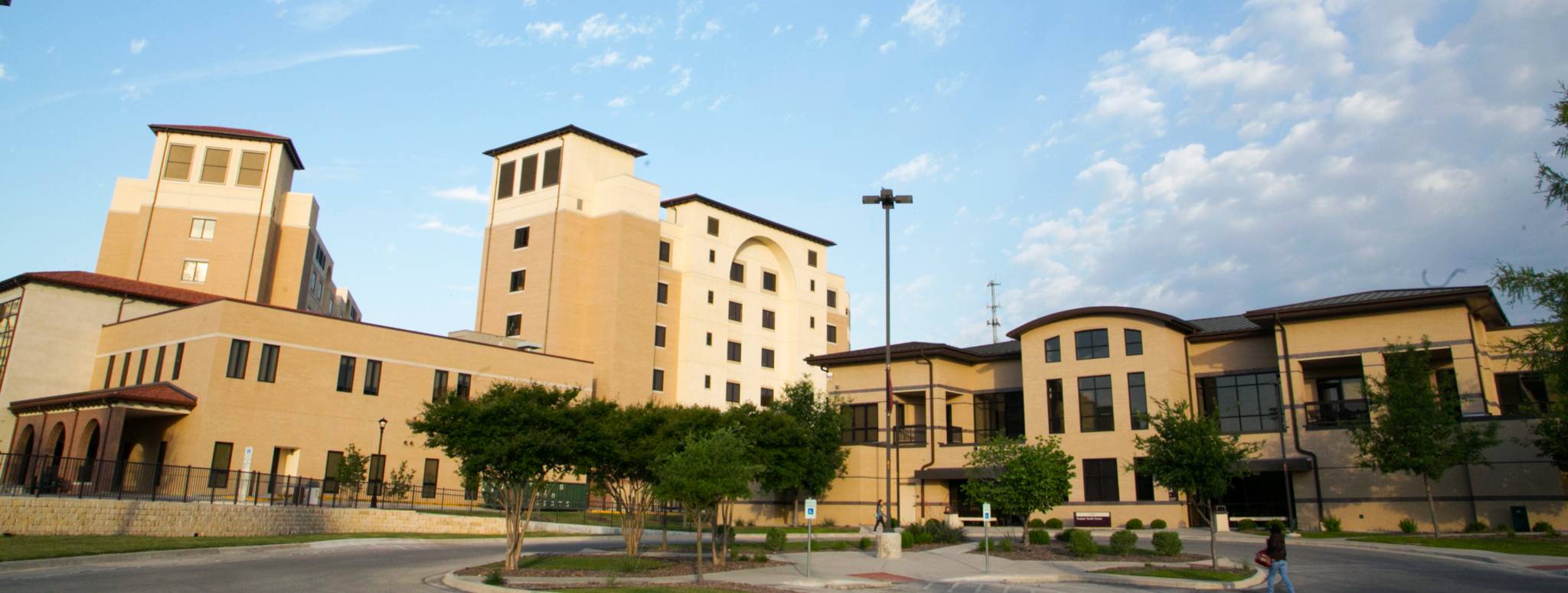Campus Naloxone (Narcan) Distribution Program
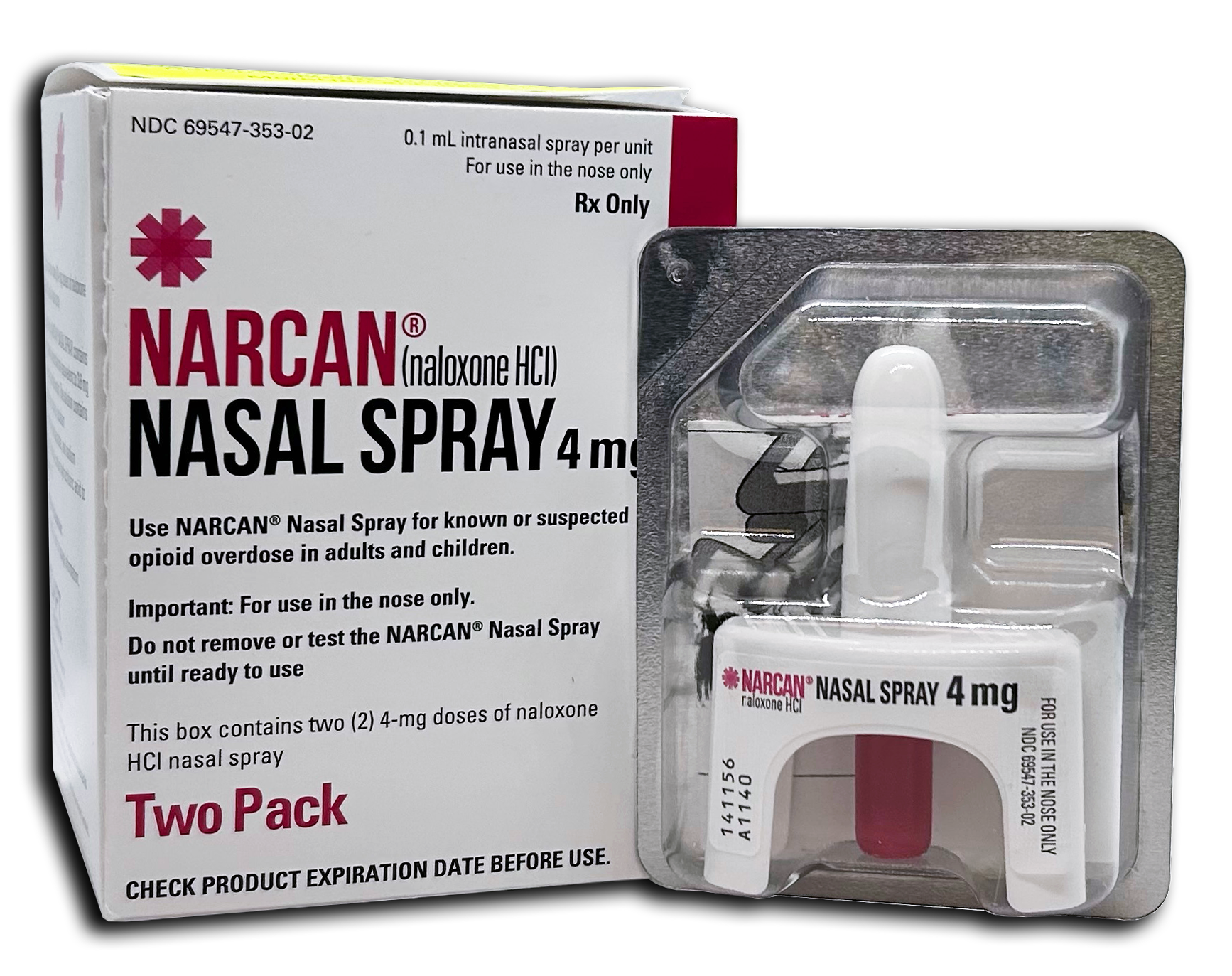
Naloxone is a medication used to rapidly reverse the effects of an opioid poisoning. It is an opioid antagonist which means that it attaches to opioid receptors and reverses or blocks the effects of opioids. Examples of opioids include heroin, fentanyl, oxycodone, hydrocodone, codeine, and morphine.
Free Narcan Available on TXST Campuses
TXST faculty, staff, and students can access free Narcan on campus at the following locations:
San Marcos
- Student Health Center: Cashier Window in Lobby
- Student Recreation Center: Check-in Counter at Main Entrance
- Alkek Library: "Ask Us” Counter at Main Entrance
Round Rock
- Avery Building: Student Success and Academic Services Office in Avery Building, Room #201
Persons requesting free Narcan are not required to provide their name or other information to obtain the medication. A maximum of two doses may be requested per week.
Note: Naloxone (Narcan) nasal spray was approved for over-the-counter sale by the FDA in March 2023. No prescription is needed. It is available at most CVS and Walgreens pharmacies, as well as HEB.
Recognizing Opioid Poisoning
An opioid poisoning may lead to symptoms that may resemble other medical emergencies such as alcohol poisoning or overdose of sedatives. So, learning to recognize the symptoms of opioid poisoning is important.
Classic signs of opioid poisoning include:


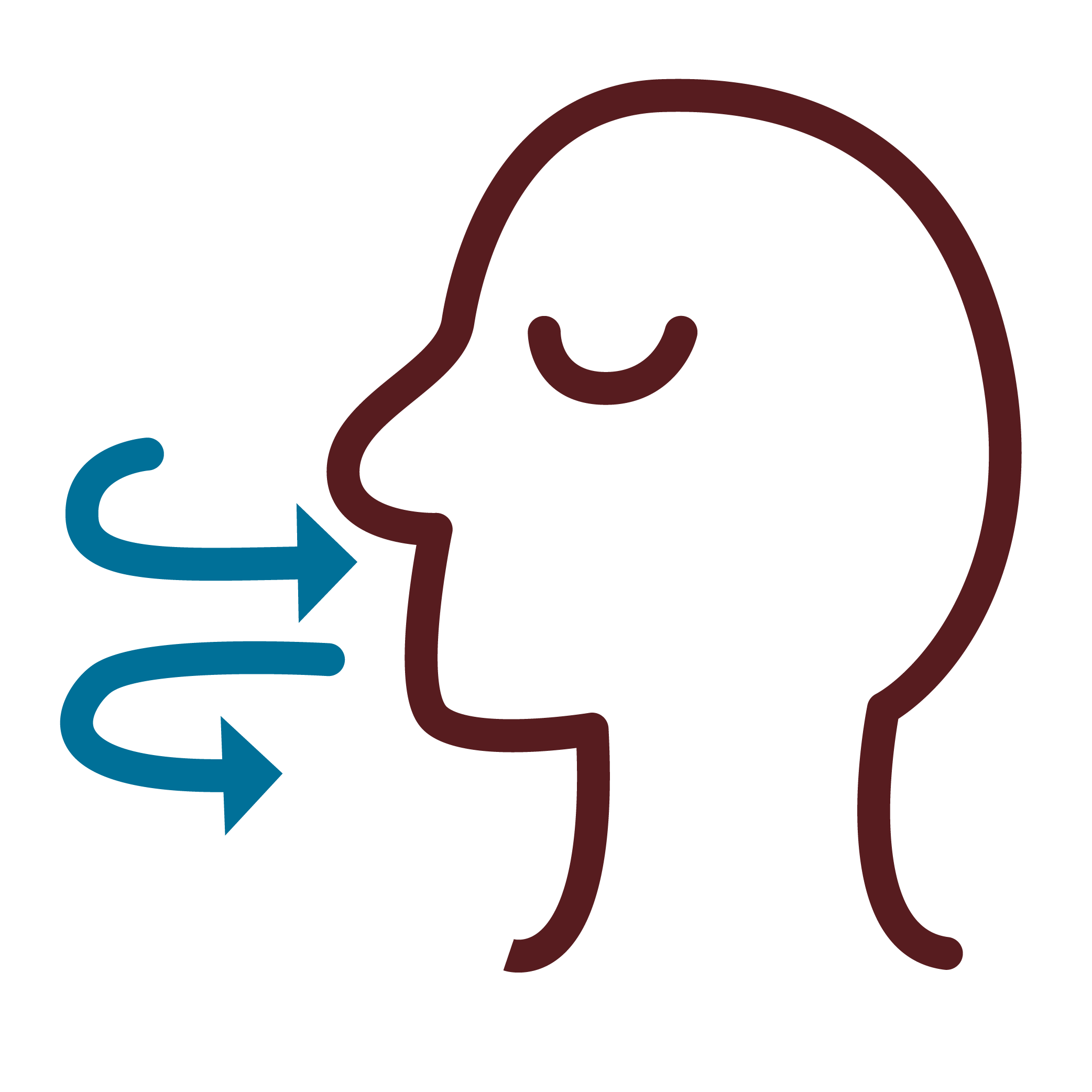
Other signs of opioid poisoning may include:

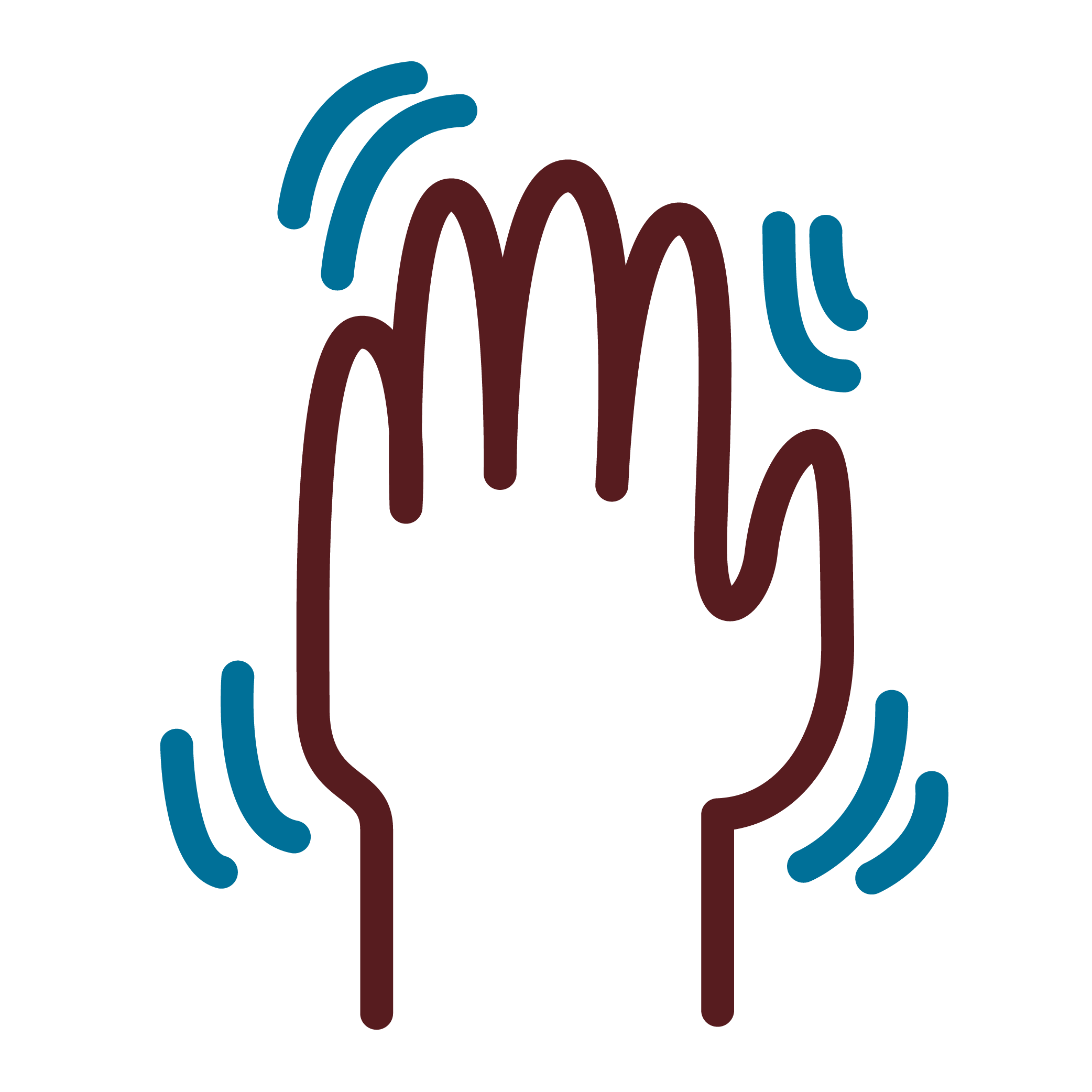
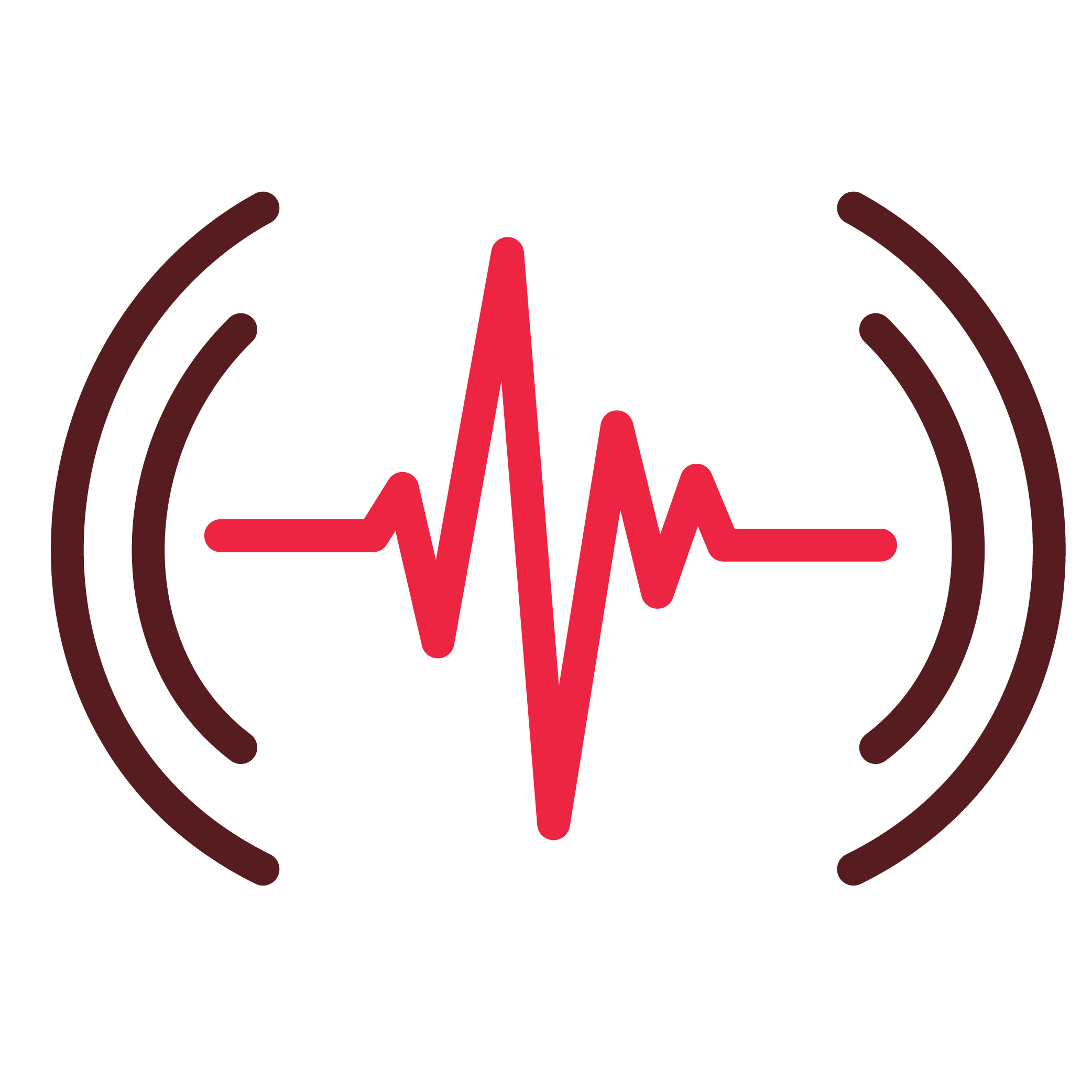
Treating Opioid Poisoning
If you suspect a person is a victim of opioid poisoning, you should:

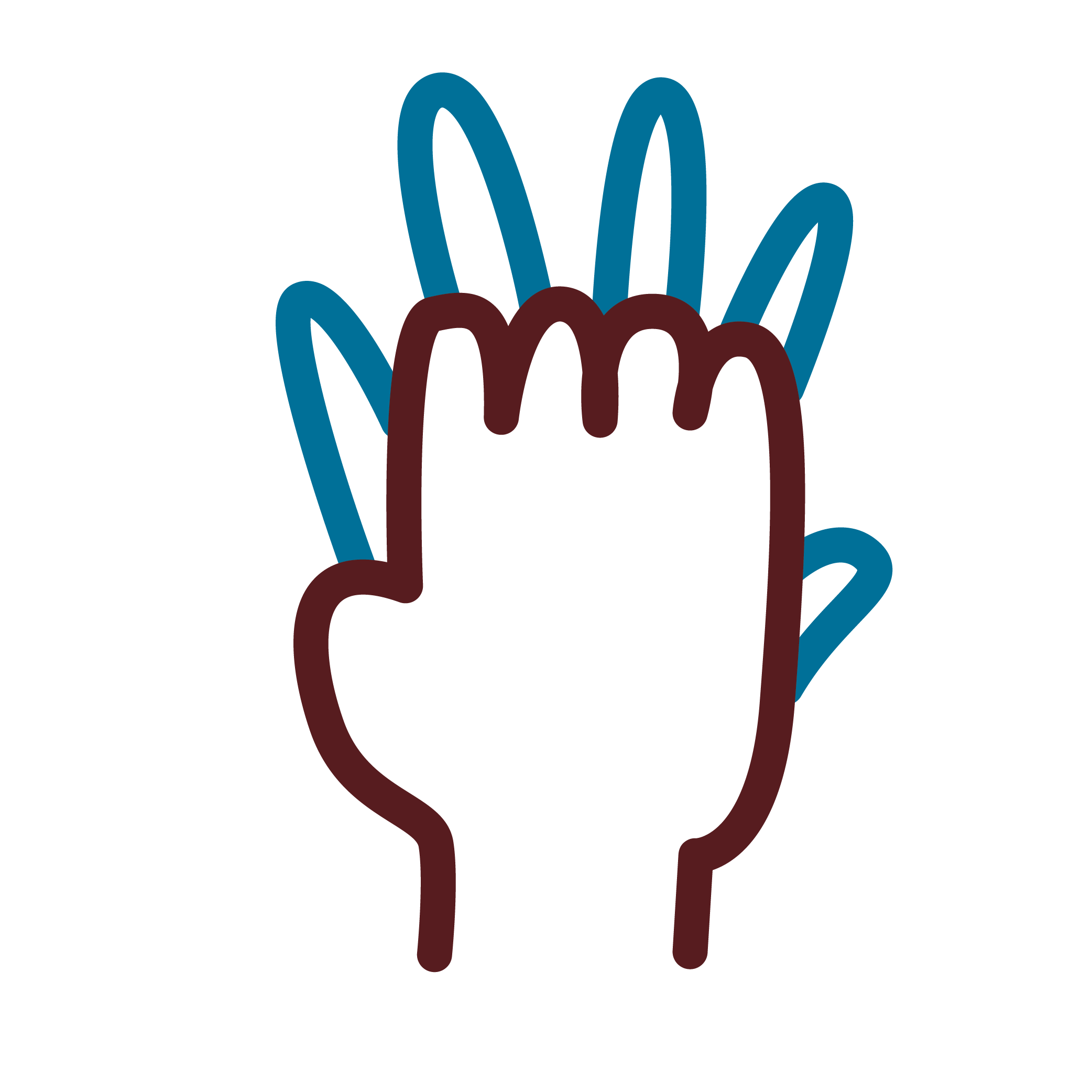

Naloxone can rapidly reverse the poisoning effects and restore normal breathing. However, Naloxone is effective for only 30-60 minutes. So, emergency care is still important to ensure that the victim of a poisoning does not revert to their poisoned state.
Administering Naloxone to a person who may be suffering from alcohol poisoning or sedative overdose will not harm them—but it will also not help them. Calling 911 to request emergency services is critical.
How to Use Naloxone/Narcan
Protection for Those Rendering Aid
Texas law protects a person who in good faith is trying to render aid to someone who may be suffering from an opioid poisoning. Texas Health and Safety Code, Section 483.106, regarding administration of an opioid antagonist states “A person who, acting in good faith and with reasonable care, administers or does not administer an opioid antagonist to another person whom the person believes is suffering an opioid-related drug poisoning is not subject to criminal prosecution, sanction under any professional licensing statute, or civil liability, for an act or omission resulting from the administration of or failure to administer the opioid antagonist”.
